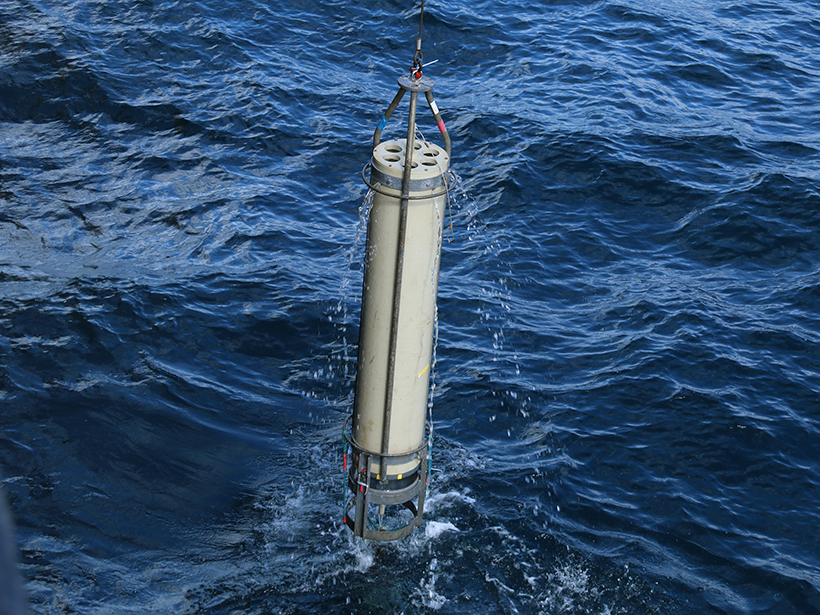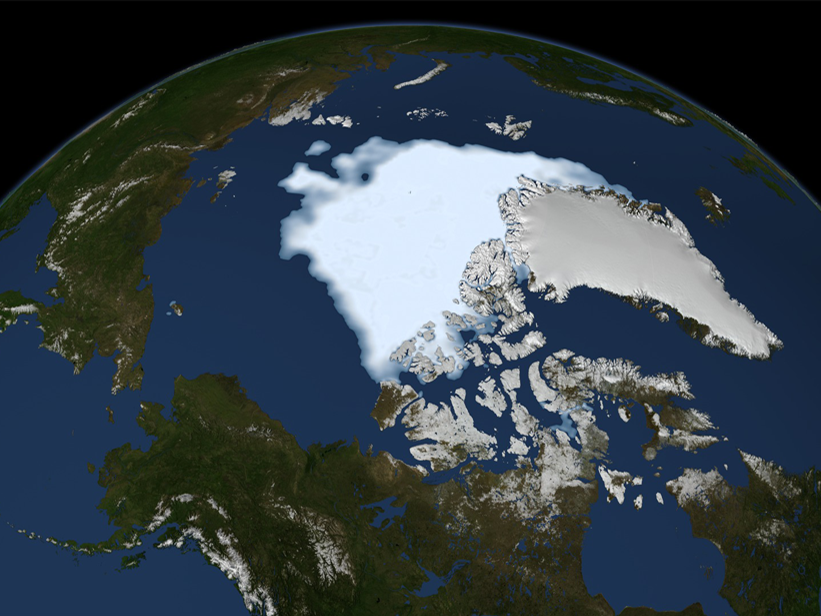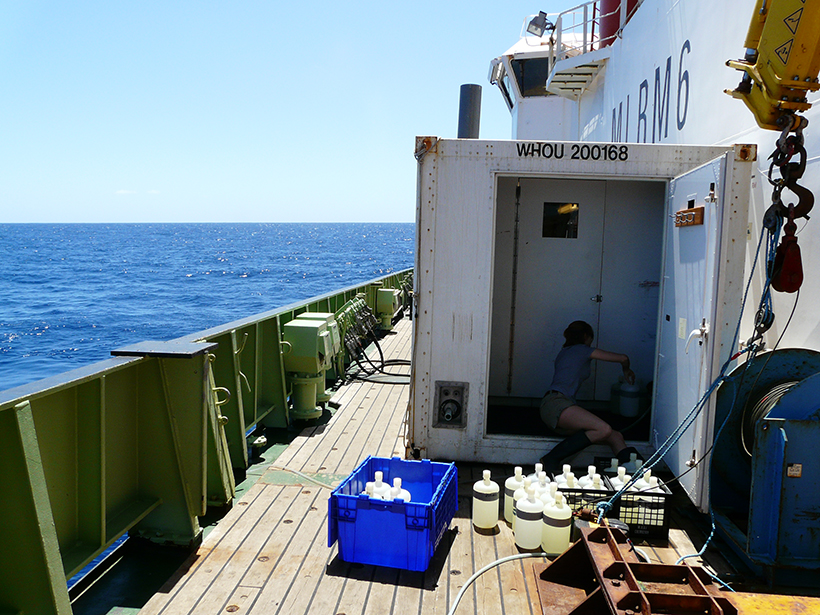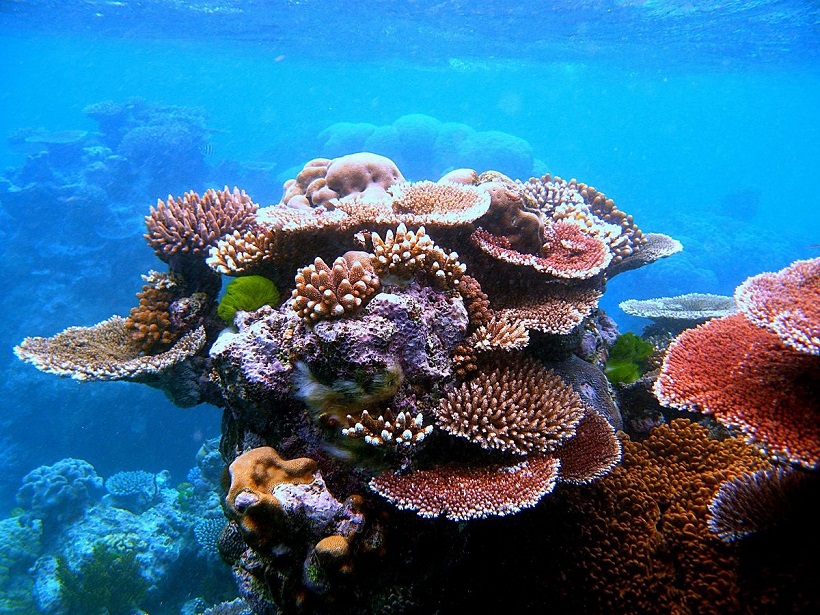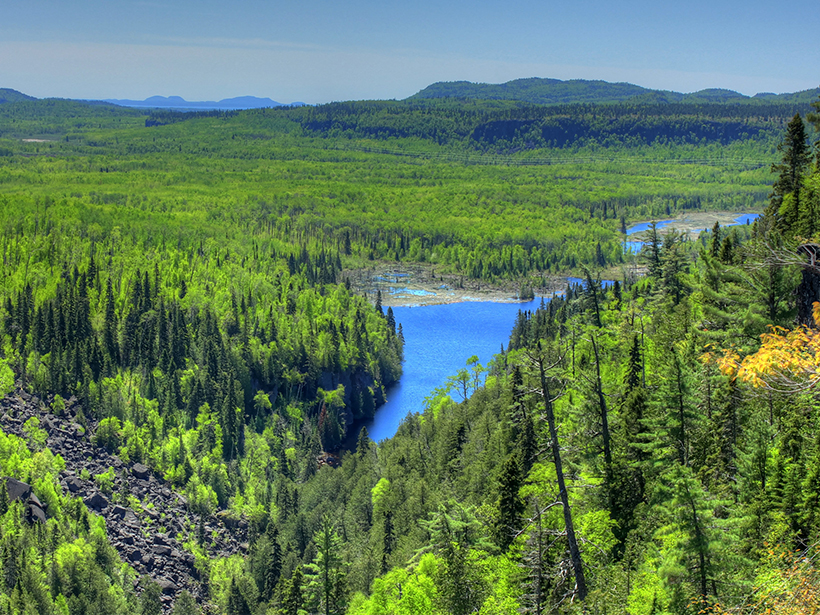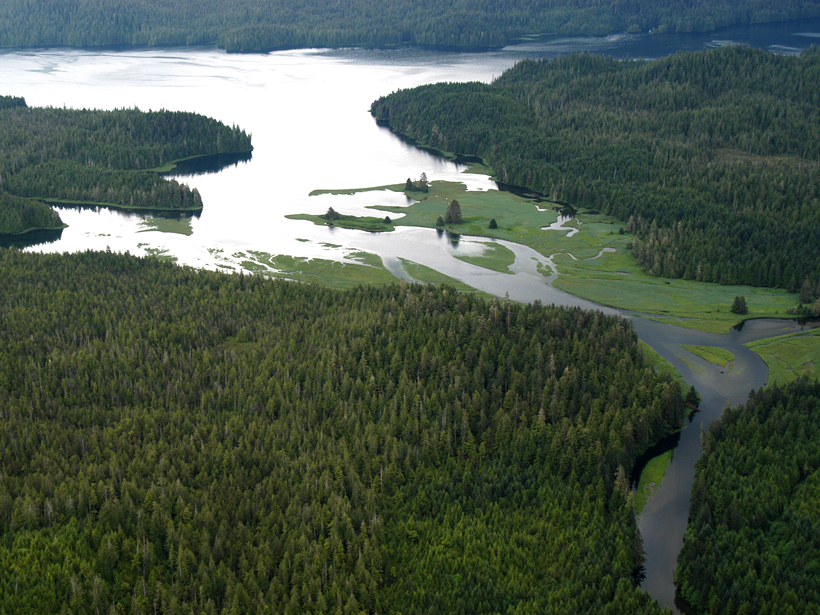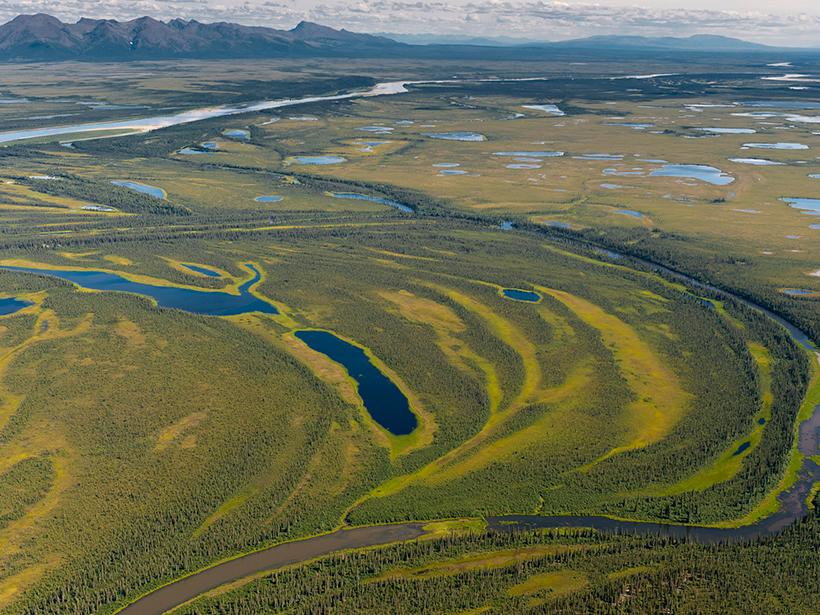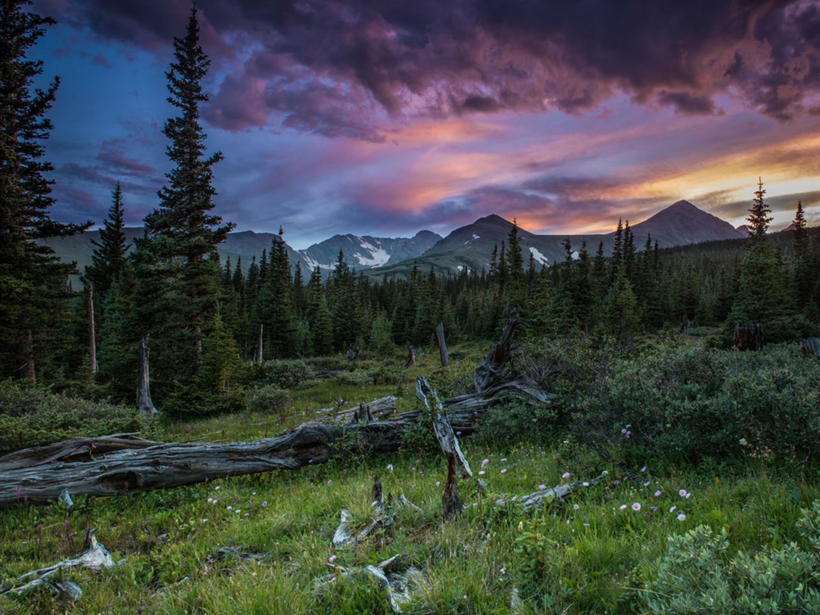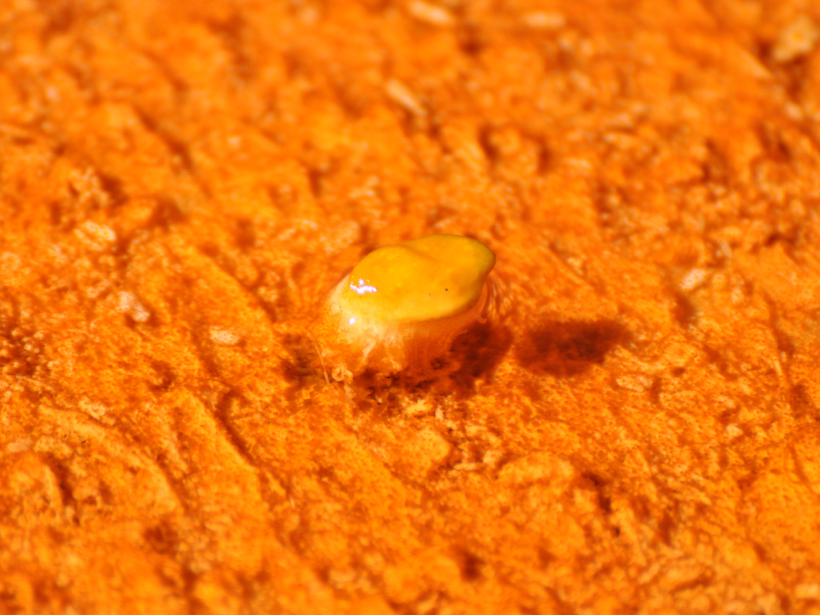Small, slow-sinking organic particles may play a bigger role than previously thought in the transport of carbon below the surface ocean.
carbon cycle
Small Streams Make Big Contribution to Carbon Cycle
A recent paper in Reviews of Geophysics discussed the carbon dynamics of headwater streams.
New Baseline for Understanding Arctic Oxygen and Nutrient Fluxes
Significant spatial and temporal patterns emerge from the first pan-Arctic comparison of oxygen demand in marine sediments.
Tracing Carbon’s Fate in the Ocean
Improving the Application of Radionuclides in Studies of the Carbon Cycle and the Impact of Ocean Acidification; Monaco, 19–21 October 2016
Preventing Climate Change by Increasing Ocean Alkalinity
A recent paper in Reviews of Geophysics discussed increasing ocean alkalinity as an alternative method of carbon sequestration in response to climate change.
The Future Hangs in the (Carbon) Balance
A new study suggests that Canada’s boreal forests could absorb more carbon than they release as climate change progresses.
Quantifying Coastal Rain Forest Carbon Transport
Aquatic Carbon Biogeochemistry of the Pacific Coastal Temperate Rainforest Region Workshop; Seattle, Washington, 7–10 February 2017
Resolving a Methane Mystery in the Arctic
International Workshop to Reconcile Methane Budgets in the Northern Permafrost Region; Seattle, Washington, 7–9 March 2017
Assessing a New Clue to How Much Carbon Plants Take Up
Current climate models disagree on how much carbon dioxide land ecosystems take up for photosynthesis. Tracking the stronger carbonyl sulfide signal could help.
Studying Yellowstone by Integrating Deep Carbon Science
Second Deep Carbon Observatory Summer School; Yellowstone National Park, Montana and Wyoming, 23–28 July 2016

